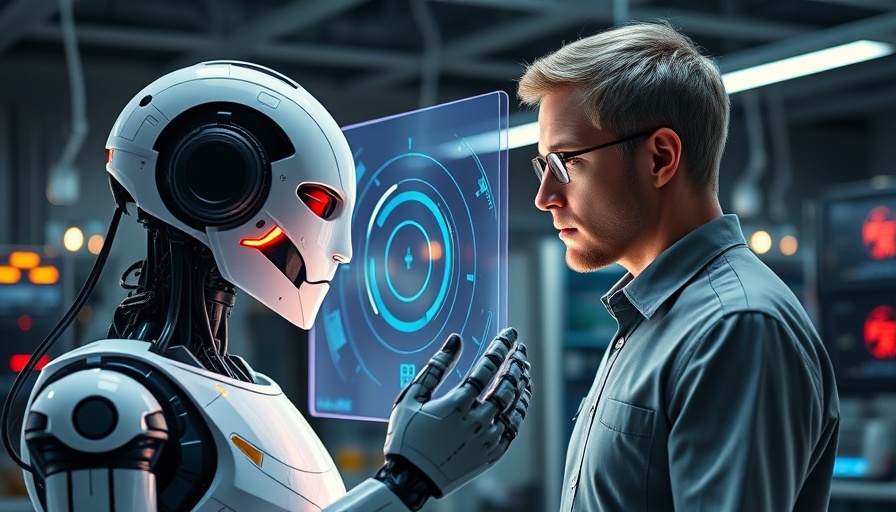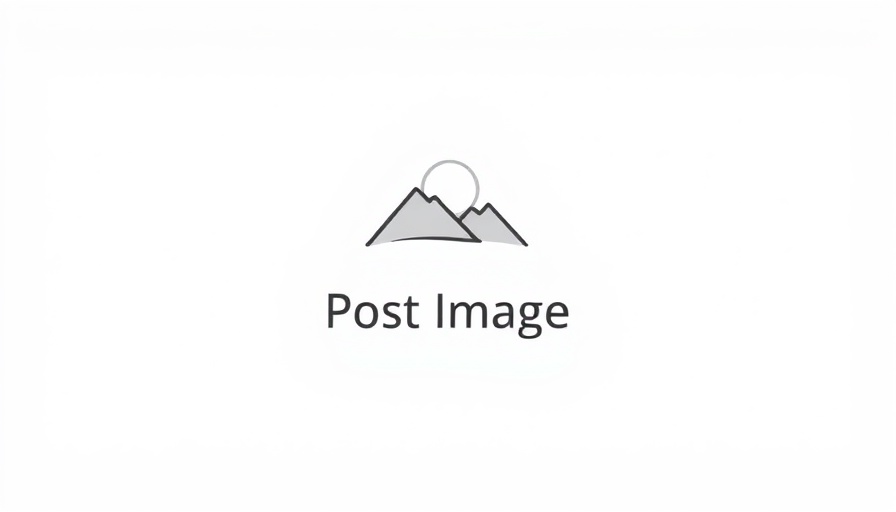
The Rise of AI: Innovation Needs Human Insight
As artificial intelligence continues to evolve, it presents both opportunities and challenges for human creativity and productivity. Recent insights from a study by MIT reveal a phenomenon known as 'cognitive debt'—an outcome seen when individuals rely too heavily on AI tools like ChatGPT. Participants who used AI for writing tasks displayed less brain activity and poorer memory recall compared to those who completed tasks independently. This highlights a crucial point: while AI can assist, human engagement and thought remain irreplaceable.
Are We Outsourcing Our Thinking?
When people lean on AI for exhaustive writing and complex analysis, the reliance can lead to a dangerous cycle of cognitive decline. Ethan Mollick, a Professor at Wharton, emphasizes the importance of using AI as a supportive tool rather than a crutch. He stresses that using AI to mentor and guide our thought processes can enhance learning, instead of undermining it. This perspective shifts how teams can integrate AI into their workflows, emphasizing intelligence augmentation rather than automation.
Managing AI Agents: A New Paradigm
The evolution of AI extends beyond simple tools; it introduces the concept of AI agents. These digital workforce members require effective management to harness their full potential, reflecting the shift towards treating AI as collaborators. With platforms like Atlassian's Rovo and ServiceNow’s AI Control Tower leading the charge, it’s clear that collaborative frameworks will dominate AI's future in the workplace.
Looking Ahead: Human-Centric AI Integration
As we move towards an AI-driven future, it’s imperative to remember that human insight fuels innovation. Agencies must find a balance between leveraging AI for efficiency while ensuring that critical thinking and creativity remain central to their operations. Companies that navigate this balance successfully will likely lead in both productivity and innovation, highlighting that the key to successful AI integration lies not in replacement but in collaboration.
 Add Row
Add Row  Add
Add 




Write A Comment